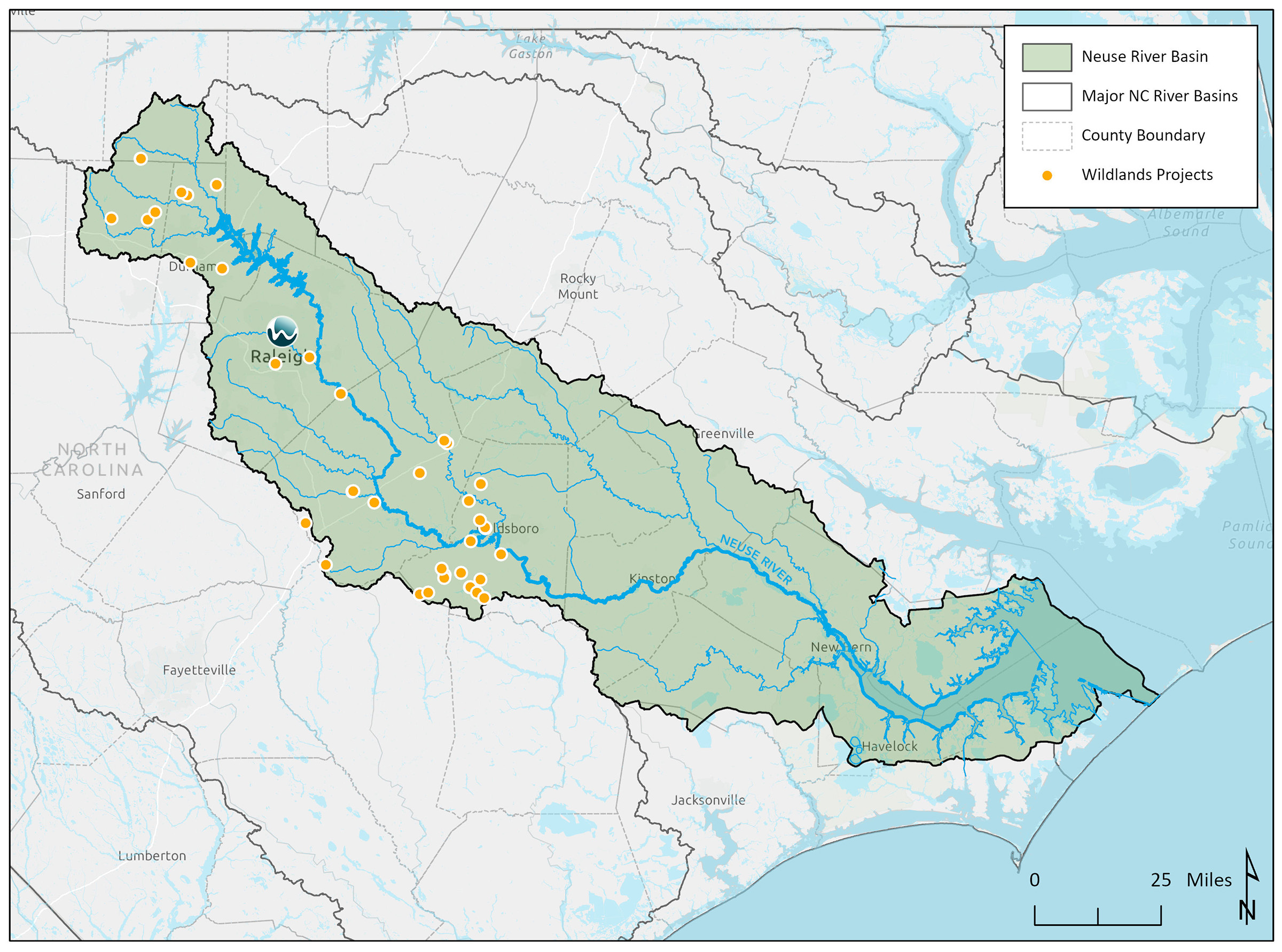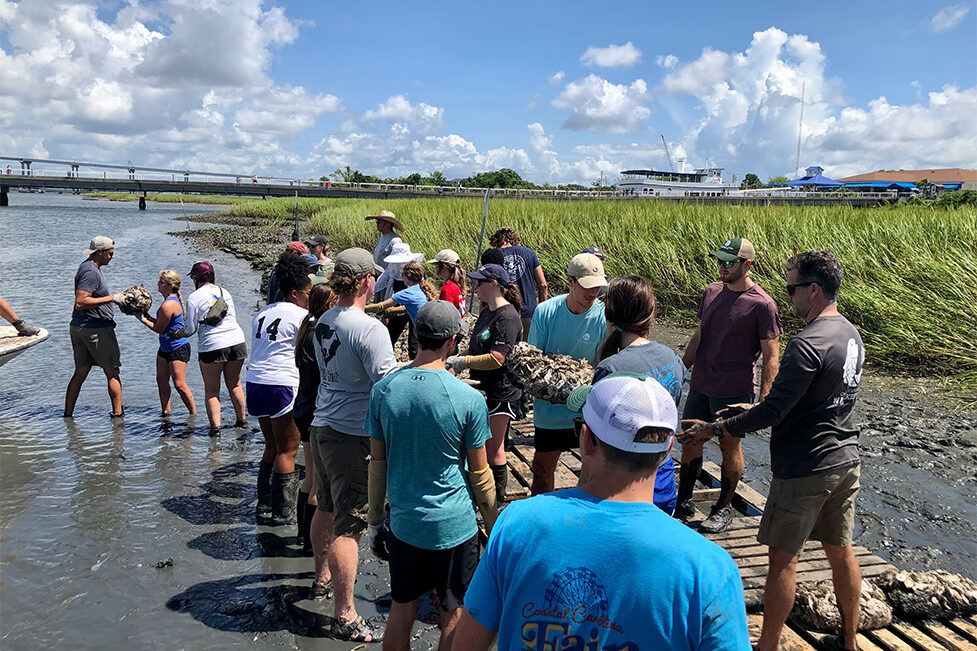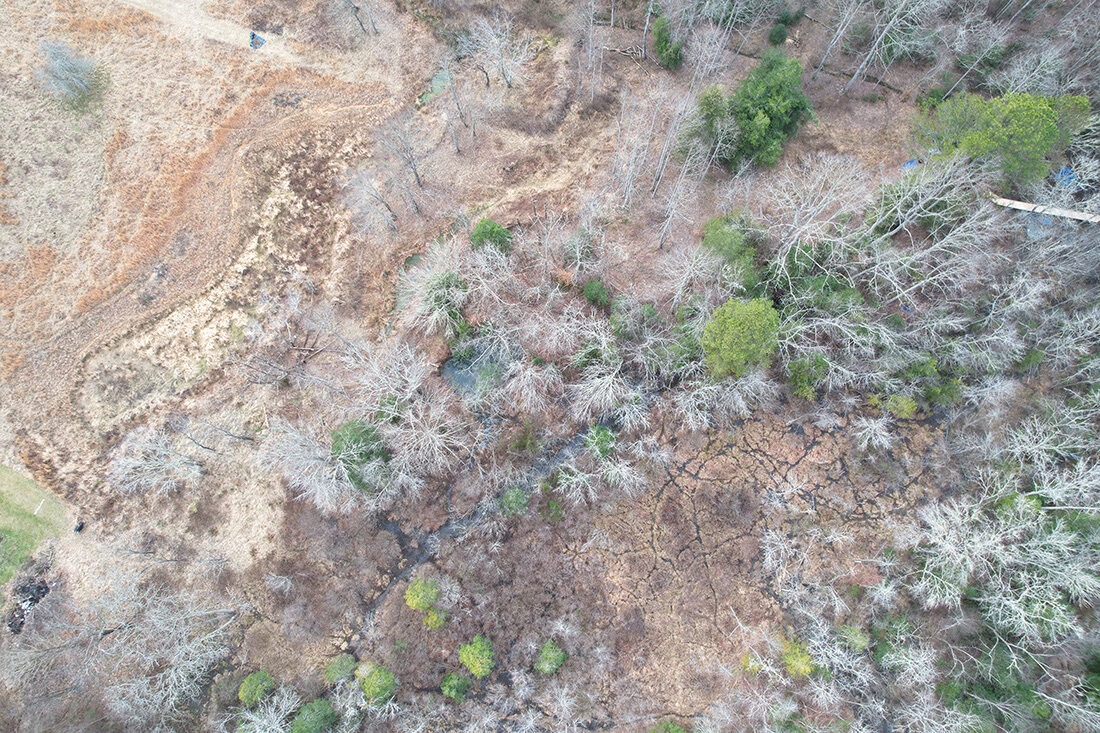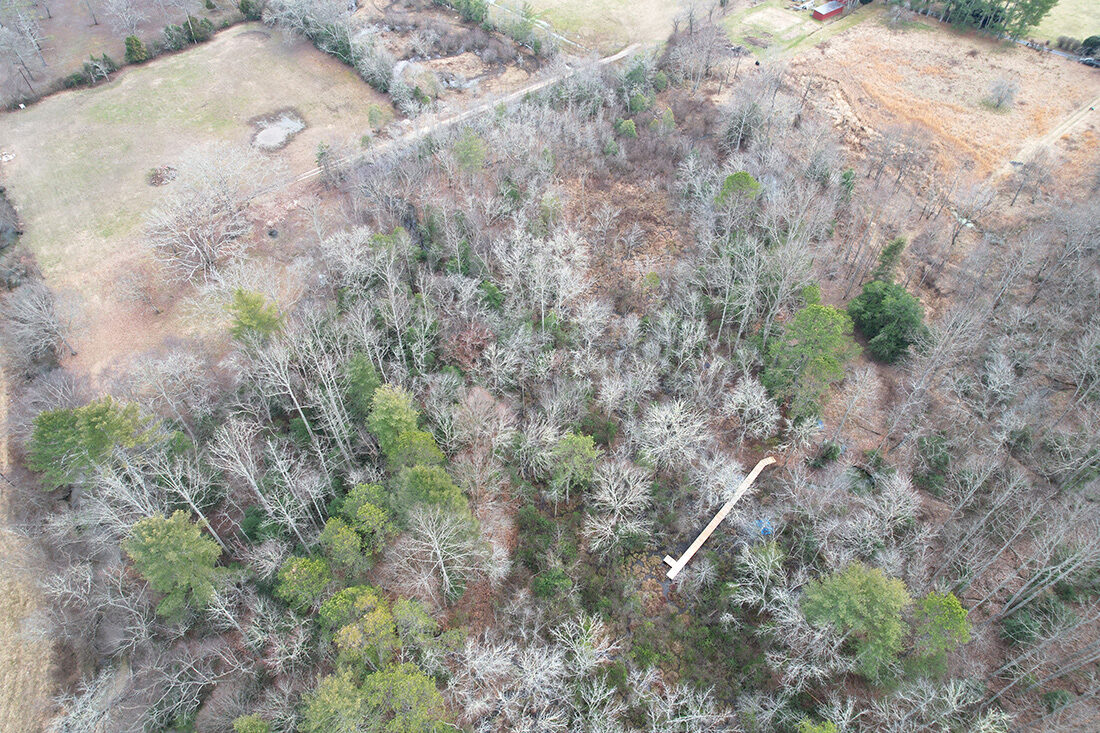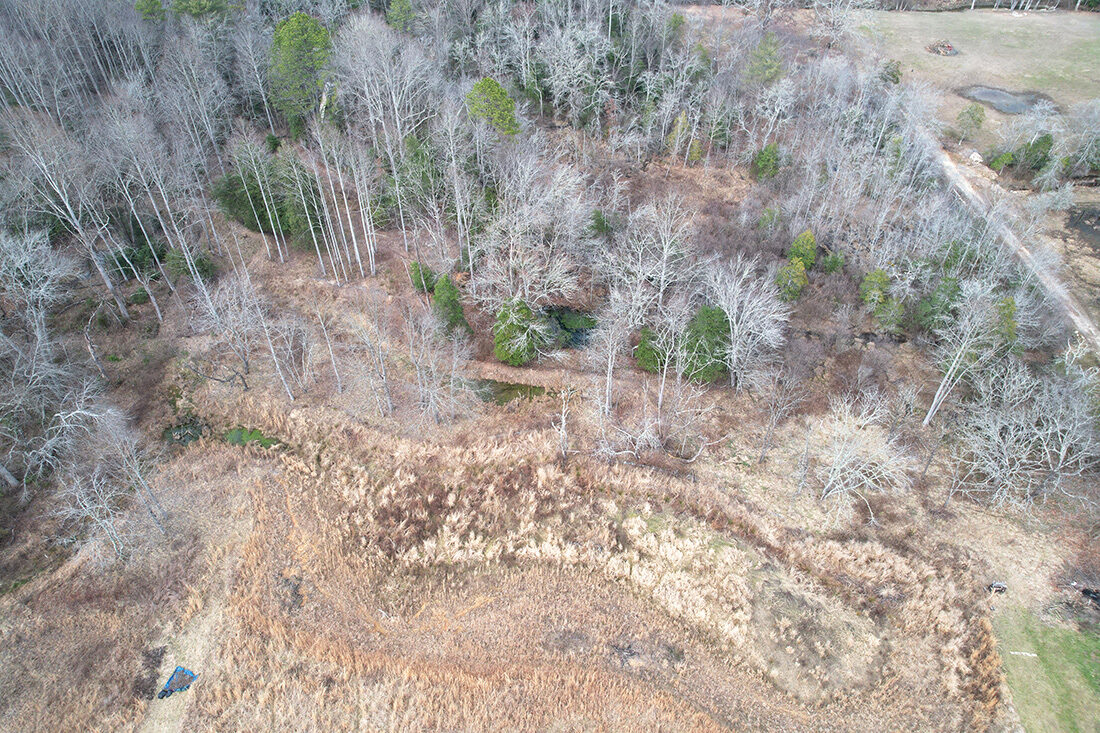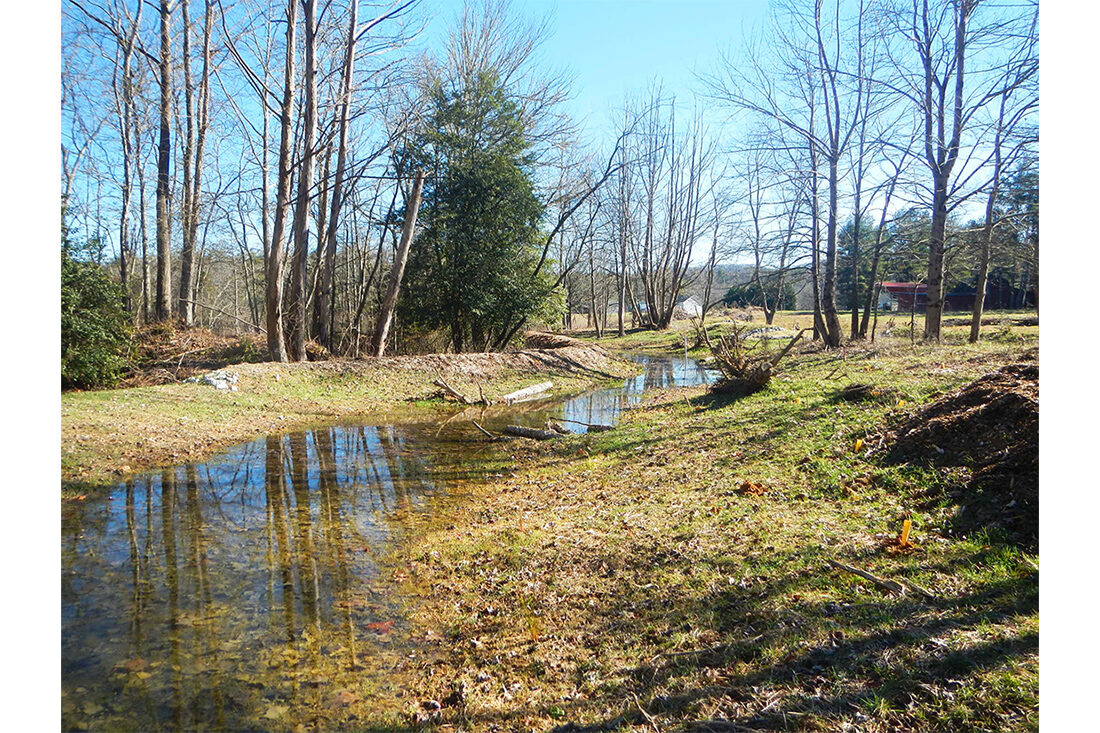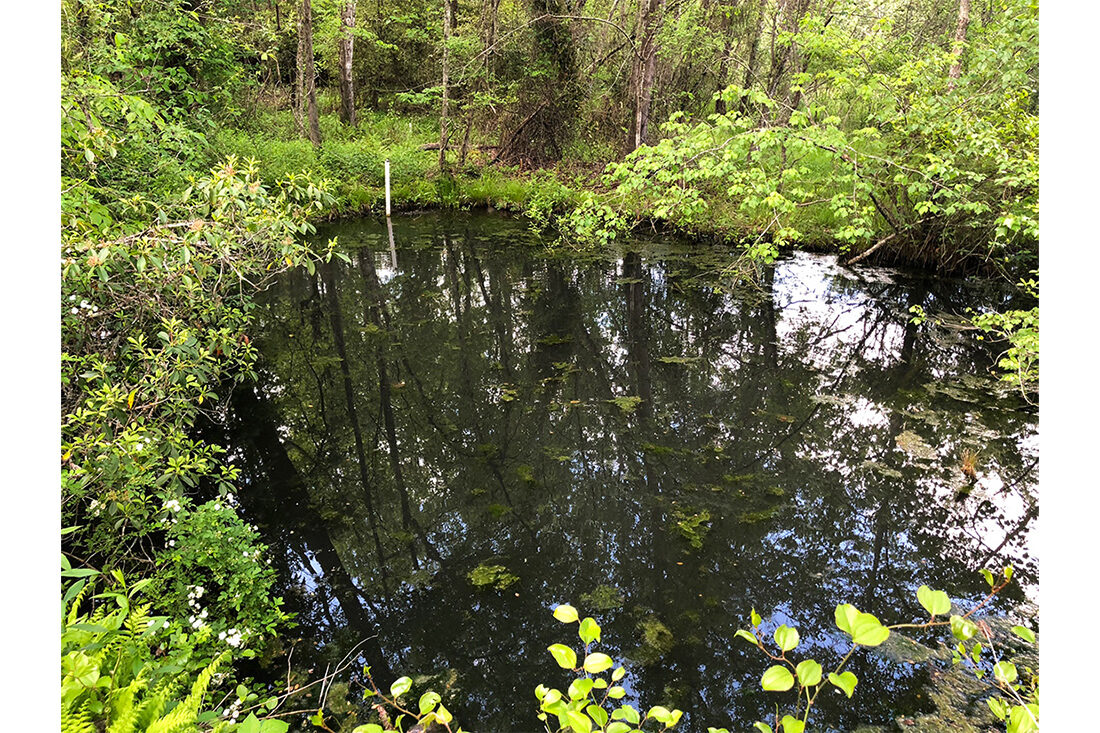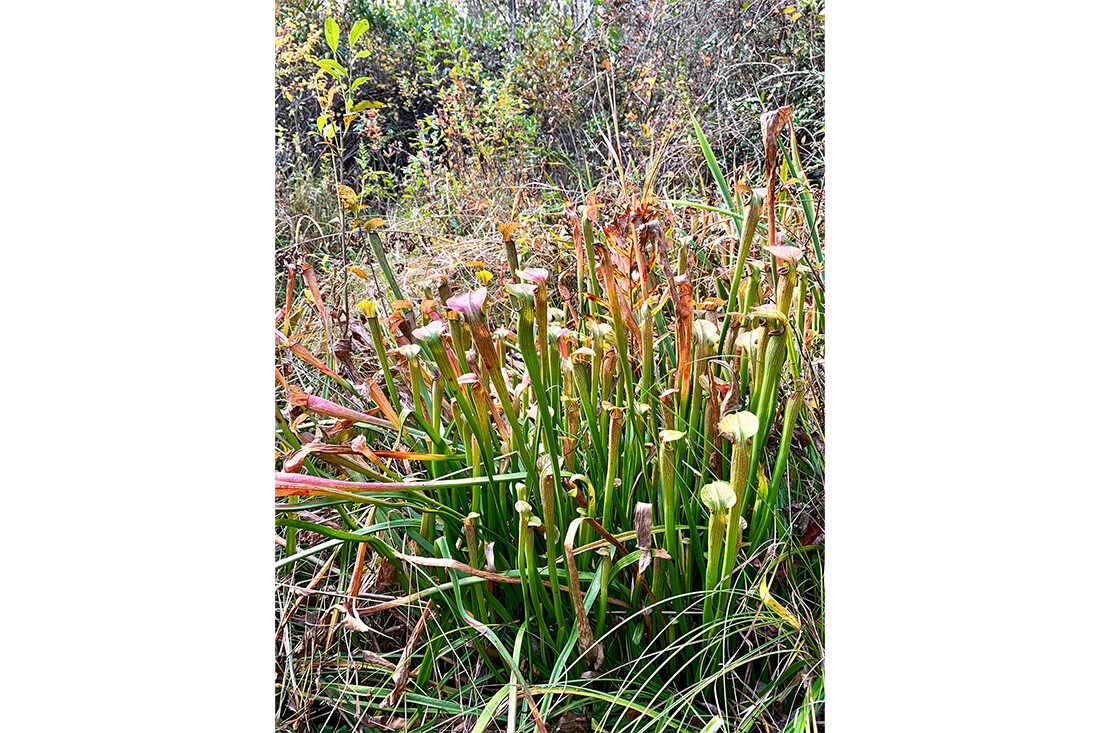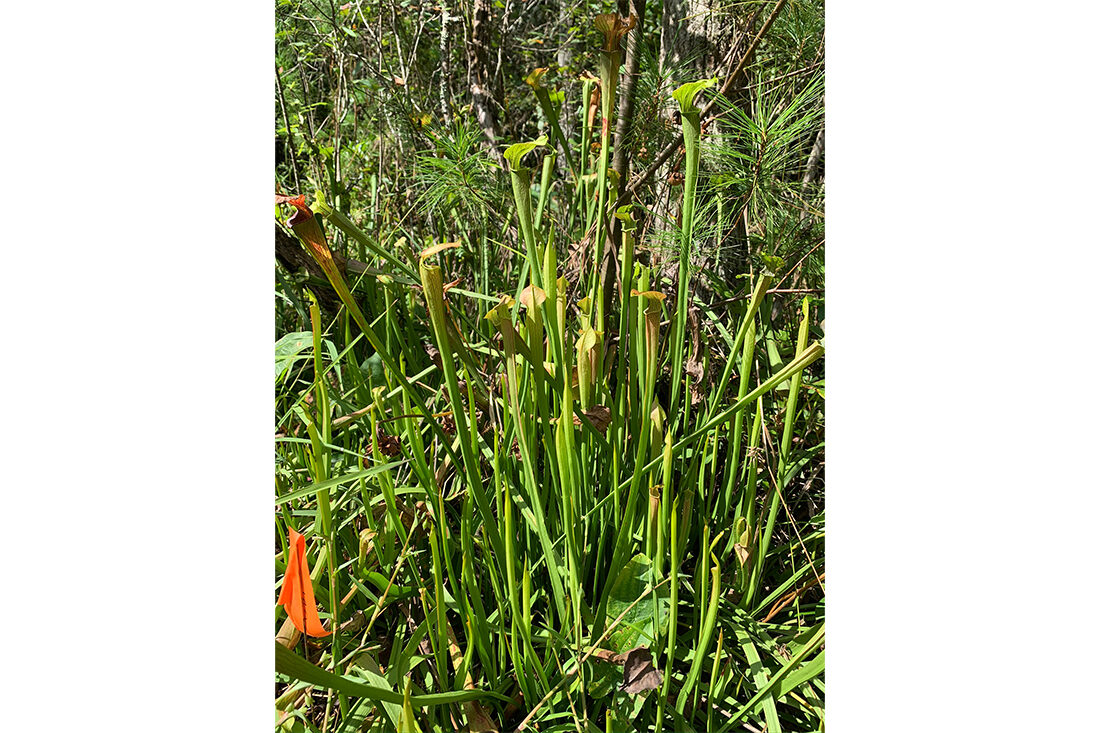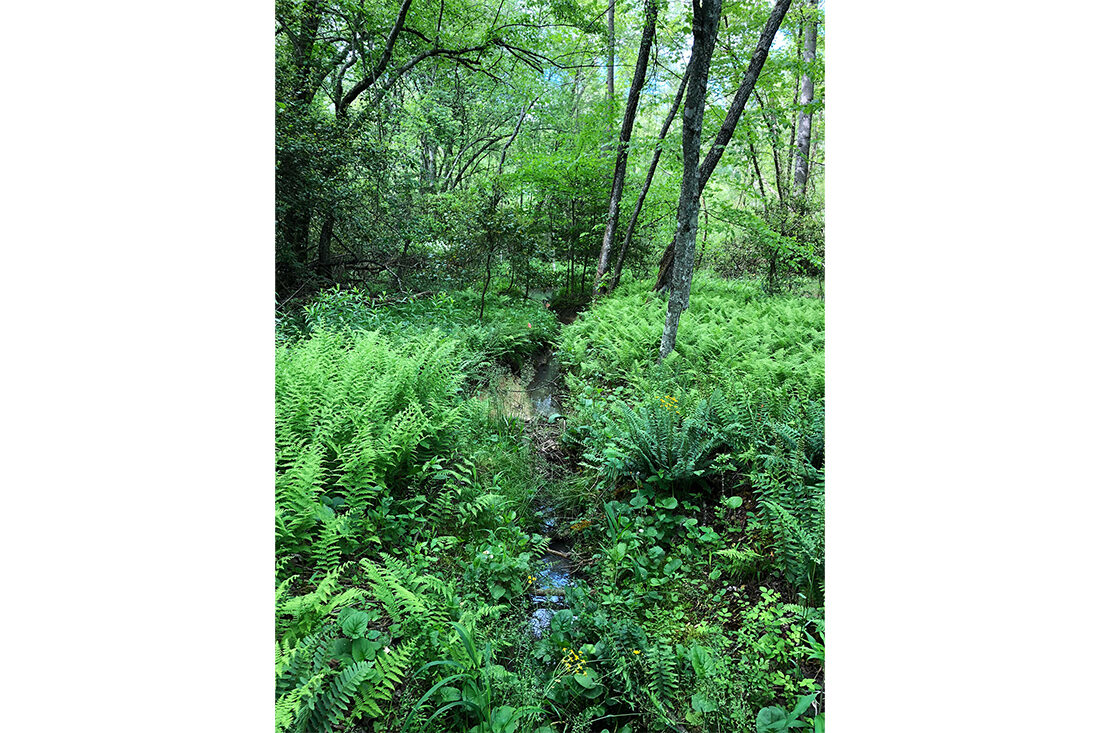Wildlands Engineering Makes an Impact in the Neuse River Basin – Home of the River of the Year
American Rivers recently named the Neuse River the 2022 “River of the Year” because of “outstanding progress toward a cleaner, healthier Neuse River.” Momentum has been building to improve the ecological condition of the entire Neuse River basin and Wildlands is honored to be an ongoing part of it. Since 2007, Wildlands has restored over 164,600 LF of stream and 93 of wetlands, just in the Neuse River basin. Wildlands has also completed four large-scale watershed studies that total over 700 square miles. Additionally, Wildlands also owns, manages, and operates 22 private mitigation bank sites located in the Neuse River basin. Each mitigation bank was established by restoring and enhancing degraded streams, wetlands, and riparian buffers located on private property.
This experience has allowed our team to understand the challenges and opportunities that waterways present to the local communities. Furthermore, we understand the importance of healthy natural systems to these communities. We are constantly developing unique solutions for ecological restoration to improve the environment and preserve the natural corridors that make this area of the state unique.
Located in the heart of the Neuse River basin is Wildlands’ Raleigh office. This is our second largest office with a full-service staff of project managers, professional engineers, field-oriented environmental scientists, ecologists, construction managers, GIS analysts, CAD operators, and administrative staff. With approximately 30 staff members that call this river basin home, we are dedicated to further enhancing the ecological and civic value of this well-loved watershed.
Wildlands has partnered with organizations such as NC Division of Mitigation Services, City of Raleigh, City of Durham, and Johnston County to improve the health of the Neuse River basin. The following map shows Wildlands’ projects in the Neuse River basin.



